Artist Interview - Mark Richardson
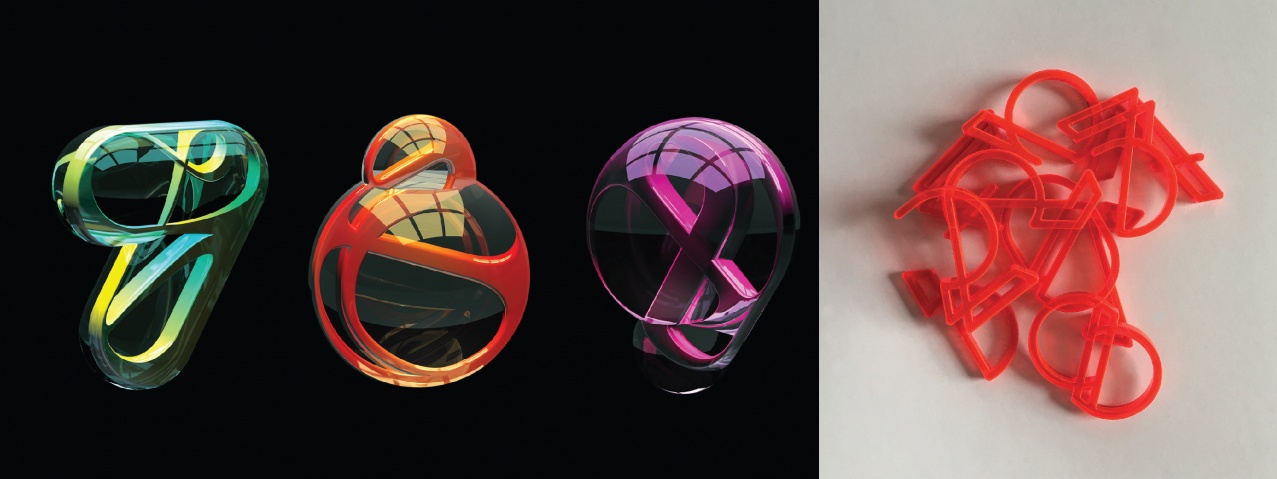
Superfried is the studio alias of self-taught British designer Mark Richardson. Originally founded in a London bedroom in 2007, Superfried is now based in the centre of Manchester. Specialising in brand identity and experimental typography, Richardson designs bespoke print and digital solutions across all sectors. His clients are equally varied in both scale and location, from start-ups in Russia to global brands in New York, LA, London and Cape Town. When required to do so, he collaborates with trusted specialists to ensure that client expectations, analogue or digital, are “met and surpassed”. This enables Superfried to deliver the kind of complex projects more often expected of much larger studios. Its award-winning work has been recognised globally both in print and online. Continual experimentation with letterforms has led to the commercial release of 15 display typefaces to date.
Manchester, United Kingdom
www.superfried.com
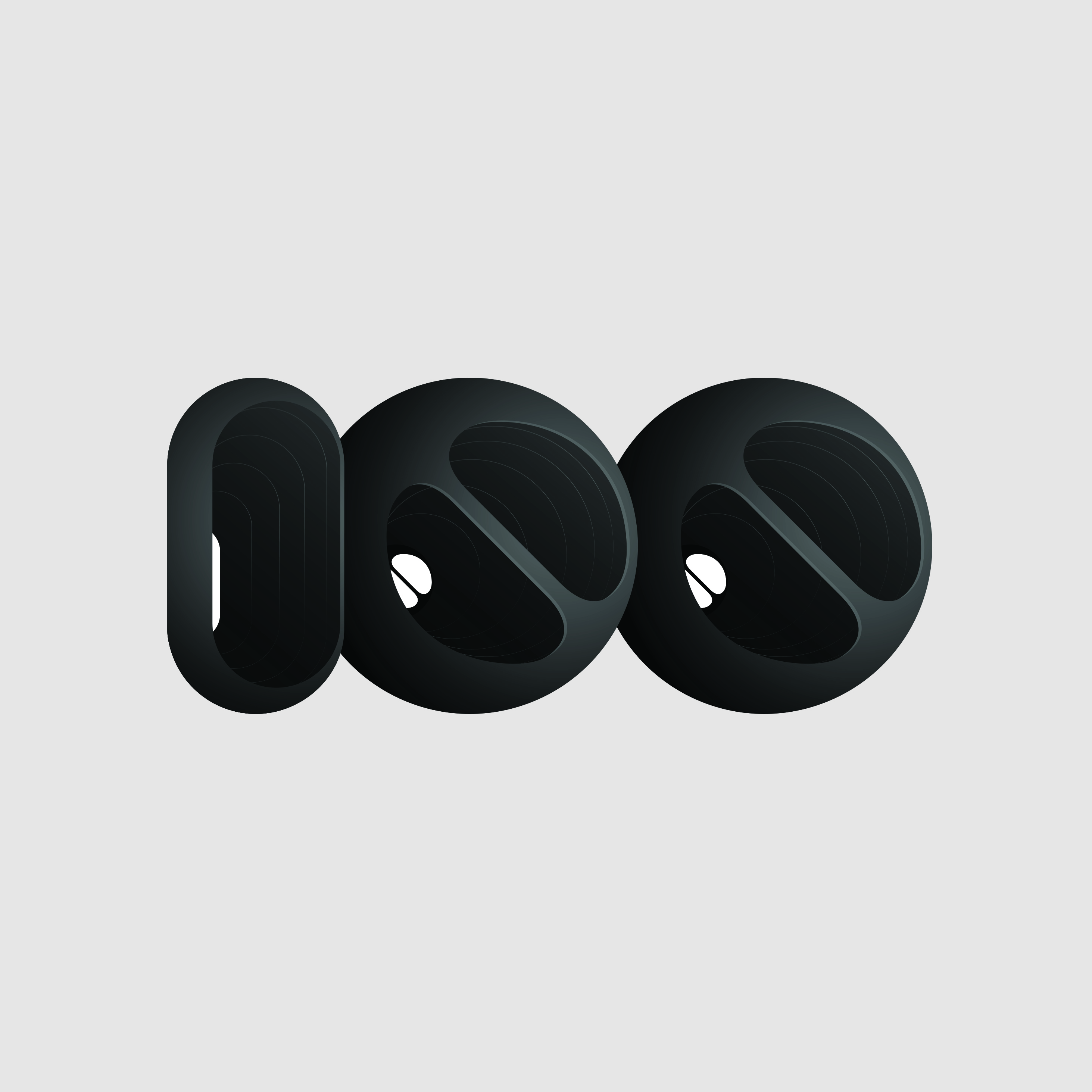
|
How important is patience? I struggle with this as I am very impatient! I think it is really important as you cannot make people act when or as quickly as you wish, which can be frustrating. On many occasions there has been an opportunity to complete a piece of work before another project starts, but due to inevitable client delays, they end up running concurrently, which adds to the work-load and pressure to maintain standards and deliver on time. “On numerous occasions clients have also been slow to get back with feedback on the initial visuals sent. Unless you have lots to be getting on with, the paranoia and insecurity can start to creep in and lead to fears that they hate the work. In most cases the reality is that they were just busy or wanted some time to think about it. In these situations a little more patience can really help, although I am not sure that the fear will ever go away. |
How can you as a solo creator maximise your performance on a project yet retain enough vigour to launch yourself into the next one immediately if necessary? For me, this should be a given. As the saying goes, ‘You are only as good as your last job’, so ideally your latest project will feel like your best work to date. The biggest driving forces for me are necessity and fear. If I don’t do it, there is no-one else to pick it up. If I screw it up, there is no-one else to blame. The potential regret and disappointment with myself if I feel I have not created my best work is one of my biggest fears and it keeps me focused. Unfortunately, I have found that in order to make a living it has not been possible for me to simply work on one project until completion and then start the next. The reality is that I usually have several ongoing at any one time in addition to personal projects. This is mainly down to budget — if sufficient, you could maybe spend the time waiting for feedback etc. by working on personal projects/marketing/admin/accounts. However, when budgets are limited, when there are delays during the project, it is important to make sure that this time is still profitable if possible. On the flip side, I do find that having multiple projects running simultaneously can be beneficial. When I hit a sticking point, I can jump into another job as a break to free my mind, leading to a fresh perspective when I return to it. |
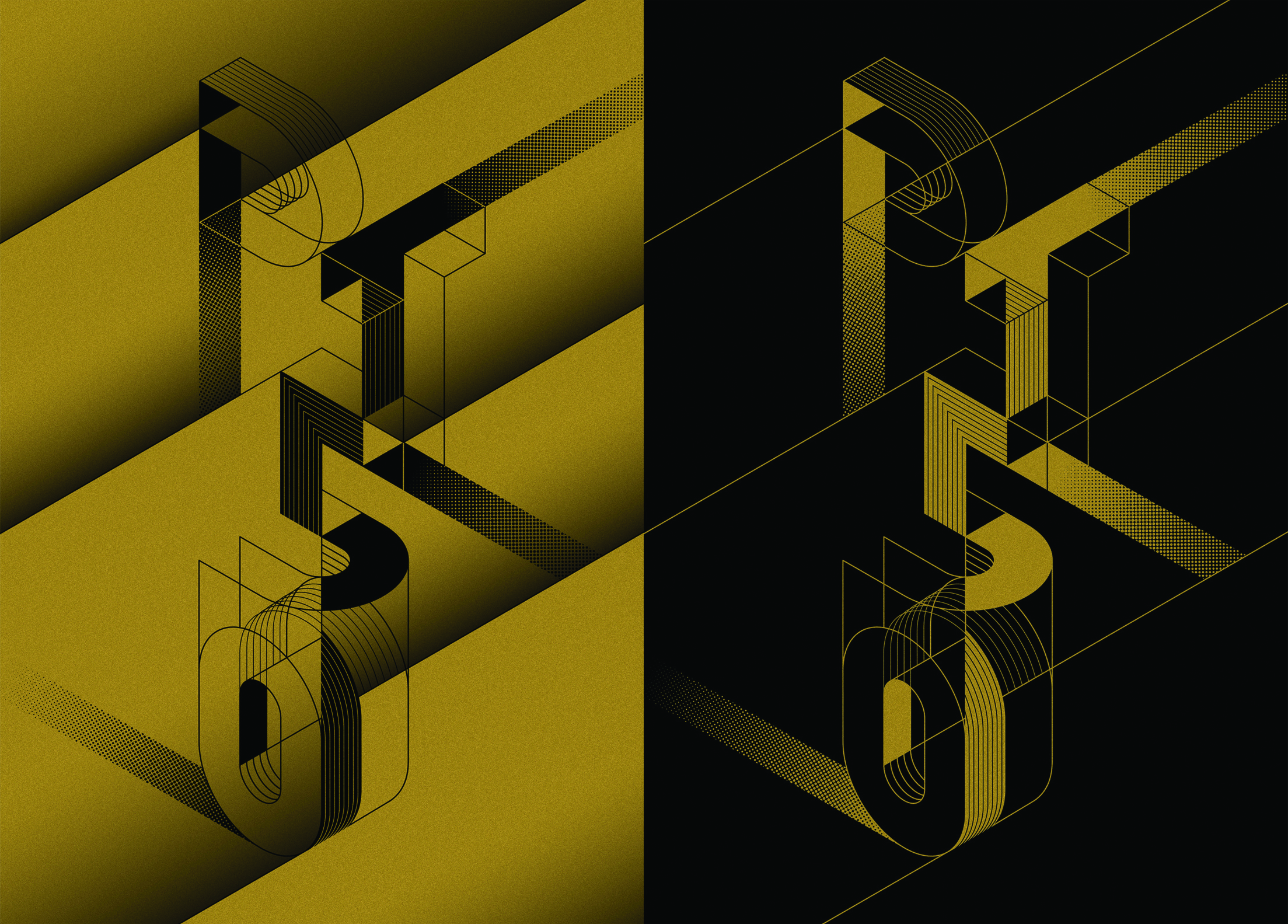
|
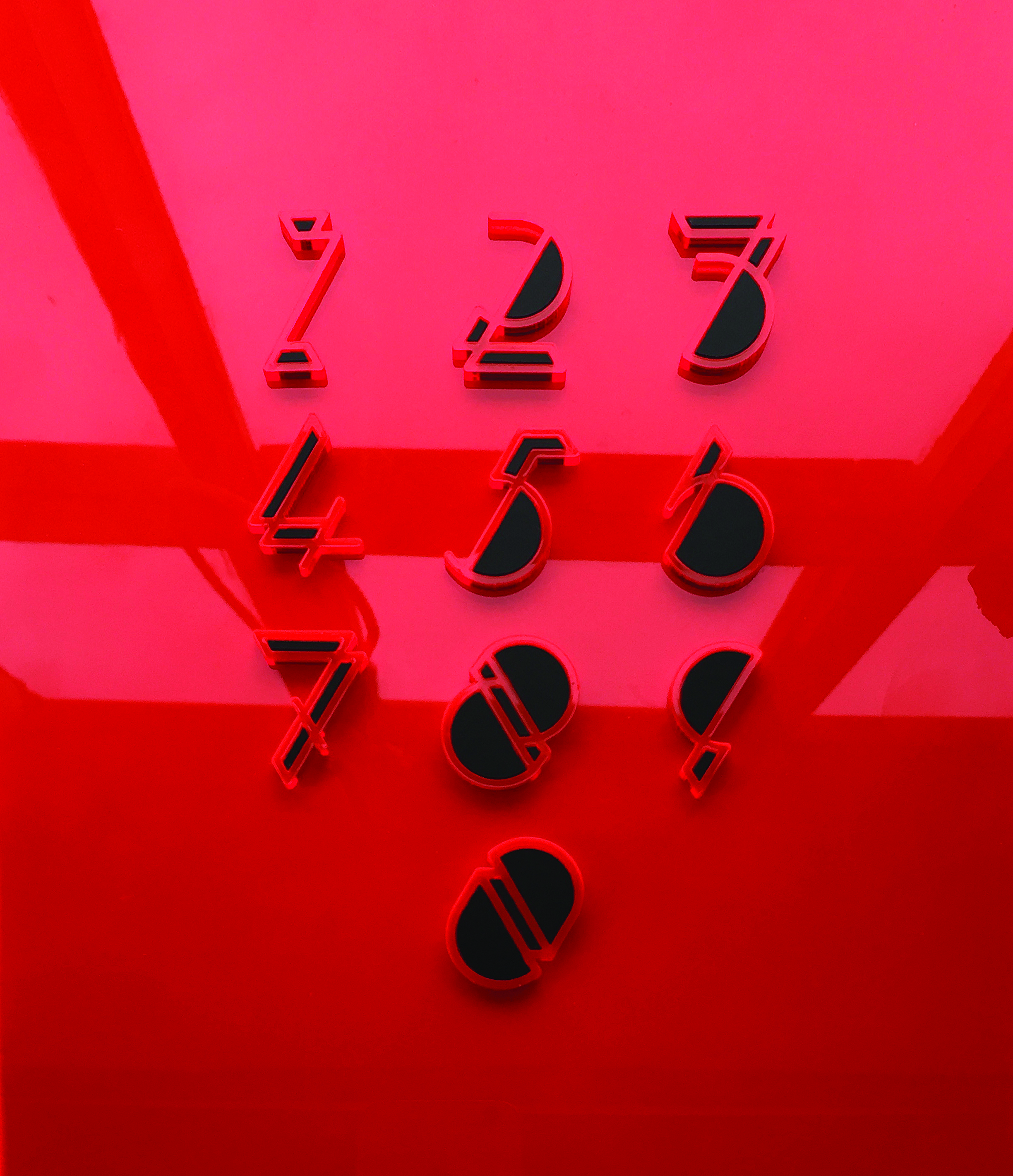
|
Given that you do not have a boss or fellow-members of a team to criticise you, how do you know how well you can actually perform? Are you sometimes tempted to say “Oh, that will do”? Or do you always know when you have given it your best shot? I think this is ultimately down to the standards you set yourself. You do not have to believe you can be the best, but you must believe that you can always improve. Never stop learning — if you do, it’s game over and you will be left behind. There have been many times when a projects has dragged and you just want it to be over so you are tempted to say ‘that will do’, but you know you will regret it and not be proud of the final work. “To constantly push myself further, my aim is that the every project should be worthy of the portfolio. Recently, while working on the identity for the Shark Conservation Fund for the Leonardo DiCaprio Foundation, I felt I had found a strong potential solution, but it was then down to the execution. A great idea will be wasted if the execution is not correct. We went through so many tweaks and iterations and at various times I thought it was there, but then there would be another suggestion. Although sometimes difficult to persevere, looking back at earlier stages, it is clear that it was not ready and that the extra time/effort was essential. |
Others
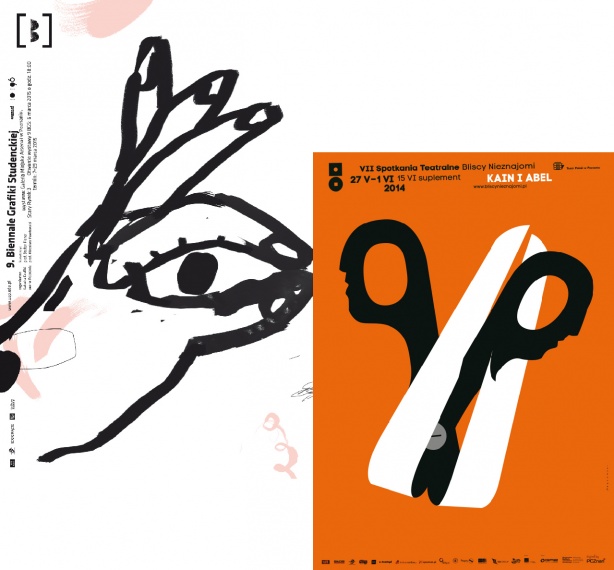
最新動態 | 1 September 2018
Celebrating Half-A-Century of Polish Poster Art
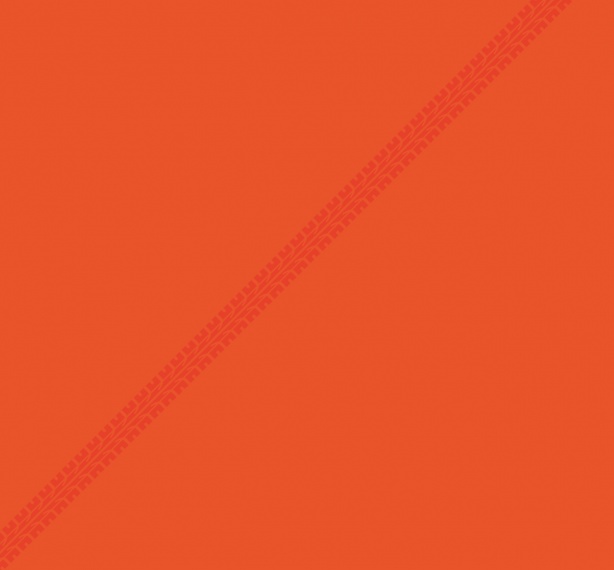
最新動態 | 1 September 2018
Loneliness of the Long-distance Cyclist/Solo Creator
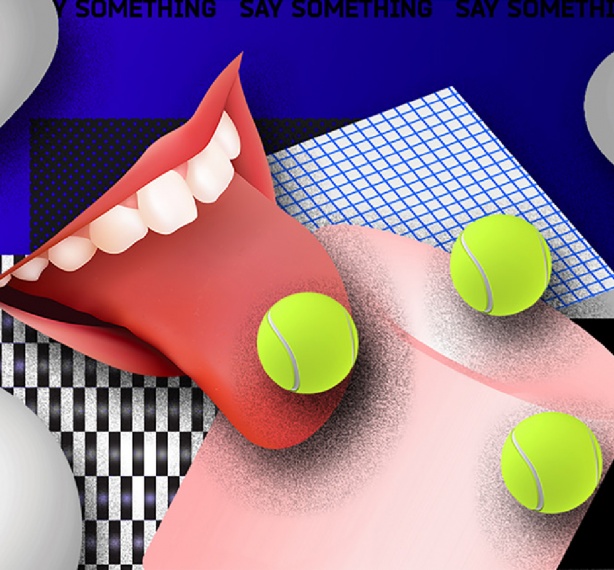
最新動態 | 1 September 2018
Artist Interview - Bal Icme
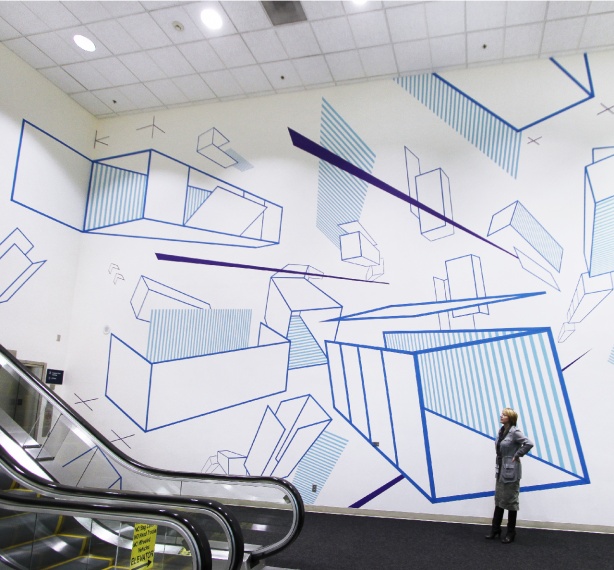
最新動態 | 1 September 2018
Artist Interview - Damien Gilley
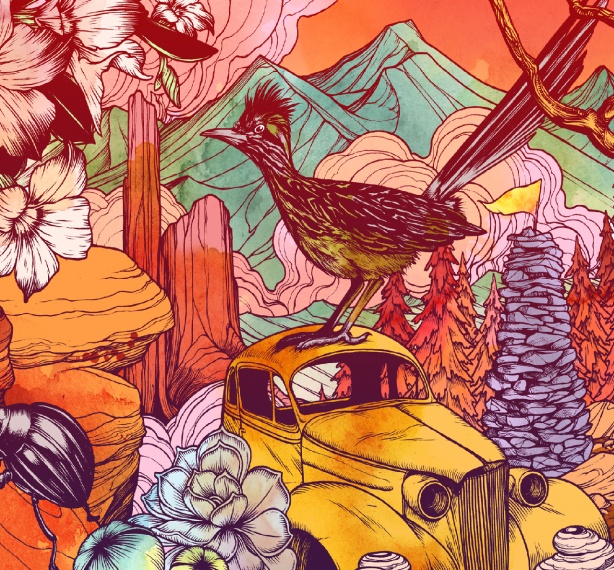
最新動態 | 1 September 2018
Artist Interview - Zach Johnson
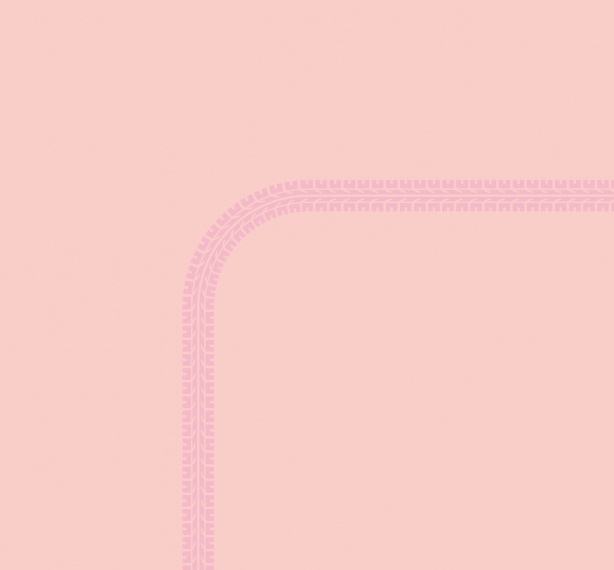
最新動態 | 1 September 2018
The Versatility of an Application that isn’t an APP!
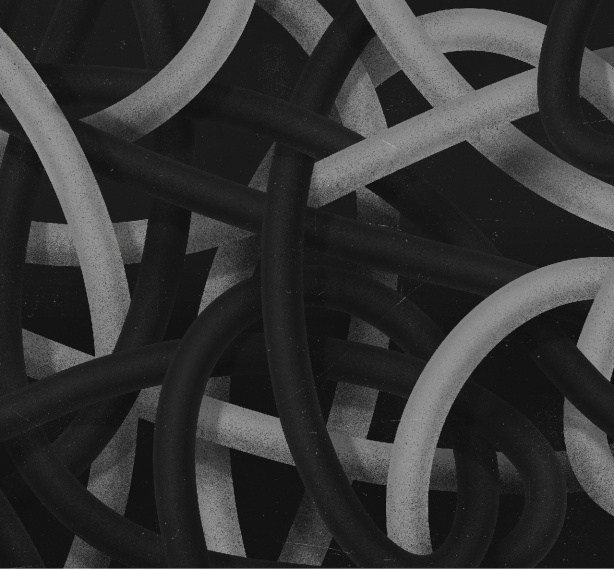
最新動態 | 1 September 2018
Artist Interview - Giga Kobidze

最新動態 | 1 September 2018
Artist Interview - Yann Sadi
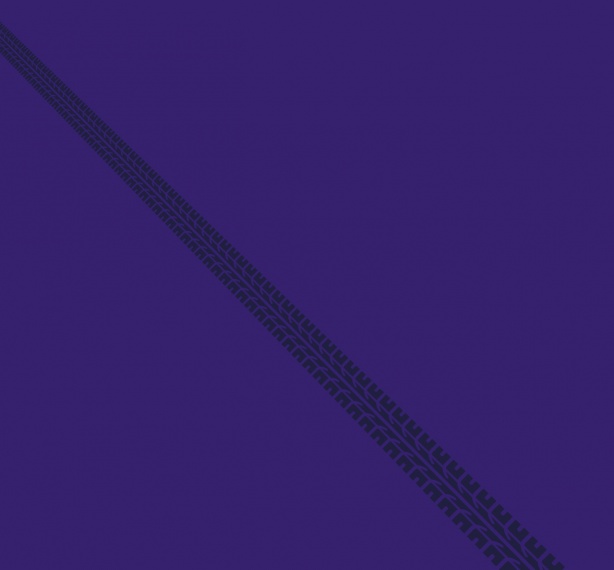
最新動態 | 1 September 2018
Thinking on the Edge, the Corner and the Flap of the Box
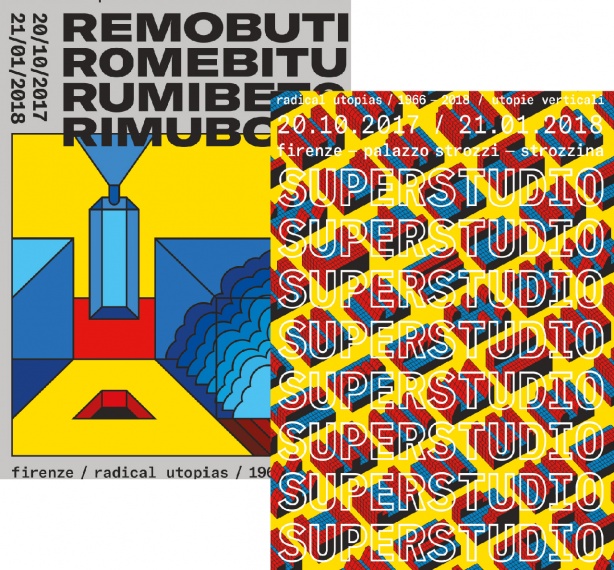
最新動態 | 1 September 2018
Artist Interview - Riccardo Sabatini
